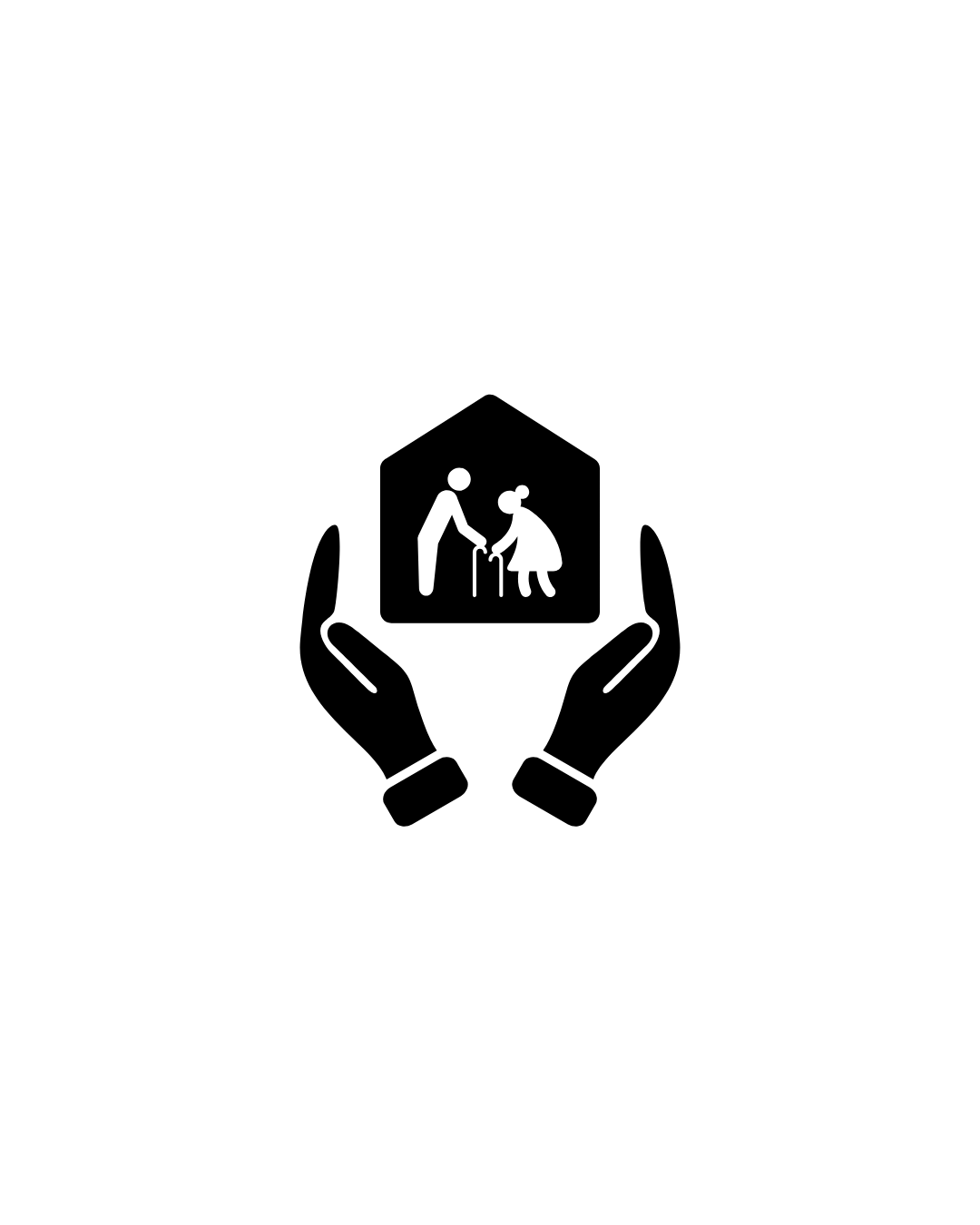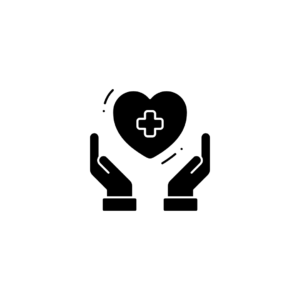Description
An Advanced Diploma in Old Age Care is designed for individuals who wish to specialize in providing care and support to elderly individuals. This program equips students with the essential skills and knowledge necessary to address the unique needs of older adults, promoting their physical, emotional, and social well-being.
Course Details:
Duration: Typically 1 to 2 years, depending on the institution and program structure.
Eligibility: Candidates usually need to have completed higher secondary education (12th grade) or have relevant experience in healthcare or social services.
Mode of Study: Offered in full-time or part-time formats, combining classroom instruction with practical training and fieldwork.
Curriculum:
The curriculum for an Advanced Diploma in Old Age Care generally includes the following key areas:
1. Introduction to Gerontology
Understanding Aging:
Exploration of the aging process, including biological, psychological, and social aspects of aging.
Demographics of Aging:
Overview of global aging trends and the implications for healthcare and society.
2. Health and Wellness for Older Adults
Physical Health:
Importance of nutrition, exercise, and regular health screenings for elderly populations.
Mental Health:
Understanding mental health issues common in older adults, such as depression and cognitive decline.
3. Principles of Old Age Care
Person-Centered Care Approaches:
Emphasizing individualized care plans that respect the preferences and dignity of older adults.
Holistic Care:
Addressing the physical, emotional, and social needs of elderly individuals for overall well-being.
4. Communication Skills in Elderly Care
Effective Communication:
Techniques for communicating with older adults, including those with cognitive impairments or hearing loss.
Building Rapport:
Strategies for establishing trust and positive relationships with elderly clients and their families.
5. Assisting with Activities of Daily Living (ADLs)
Personal Care Skills:
Training in assisting older adults with activities such as bathing, dressing, and grooming.
Mobility Assistance:
Techniques for safely transferring and positioning elderly individuals to prevent injury.
6. Nutrition and Diet for Older Adults
Nutritional Needs:
Understanding the dietary requirements and challenges faced by older adults.
Meal Planning:
Skills for planning nutritious meals that consider specific health conditions and dietary restrictions.
7. Medication Management
Understanding Medications:
Overview of common medications prescribed to older adults and their effects.
Role of Caregivers:
Training in safe medication administration and monitoring for side effects.
8. Social and Recreational Activities
Promoting Engagement:
Strategies for encouraging participation in social and recreational activities to enhance quality of life.
Therapeutic Recreation:
Understanding the benefits of recreational therapy for improving mental and physical health in older adults.
9. End-of-Life Care and Ethics
Palliative and Hospice Care:
Understanding the principles of providing compassionate end-of-life care and supporting families.
Ethical Considerations:
Exploring ethical dilemmas in elderly care, including autonomy, consent, and decision-making.
10. Practical Training and Field Experience
Hands-On Experience:
Supervised placements in residential care facilities, nursing homes, or community programs focusing on elderly care.
Capstone Project:
A final project that involves a comprehensive care plan or community initiative for older adults, demonstrating skills learned throughout the program.
Assessment:
Assessment methods in this program may include:
Practical Assessments:
Evaluation of skills demonstrated during placements or simulations in providing elderly care.
Written Assignments:
Research papers or care plans focusing on specific health issues or care strategies for older adults.
Oral Presentations:
Presentations on topics related to aging, care practices, or community resources for elderly support.
Career Opportunities:
Graduates of the Advanced Diploma in Old Age Care can pursue various career paths, including:
Elderly Caregiver: Providing direct care and support to older adults in residential or home settings.
Gerontology Specialist: Working with organizations focused on aging services and programs for the elderly population.
Residential Care Worker: Supporting older adults in nursing homes, assisted living facilities, or memory care units.
Home Health Aide: Providing in-home support services for elderly clients, assisting with daily living activities and personal care.
Recreational Therapist: Designing and implementing activities that enhance the physical, social, and emotional well-being of older adults.
This advanced diploma program is ideal for individuals who are passionate about improving the quality of life for older adults and want to develop the skills necessary to work effectively in the field of elderly care. If you have any further questions or need more information, feel free to ask!









